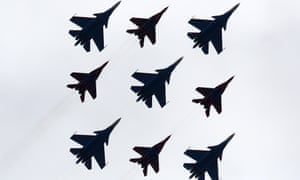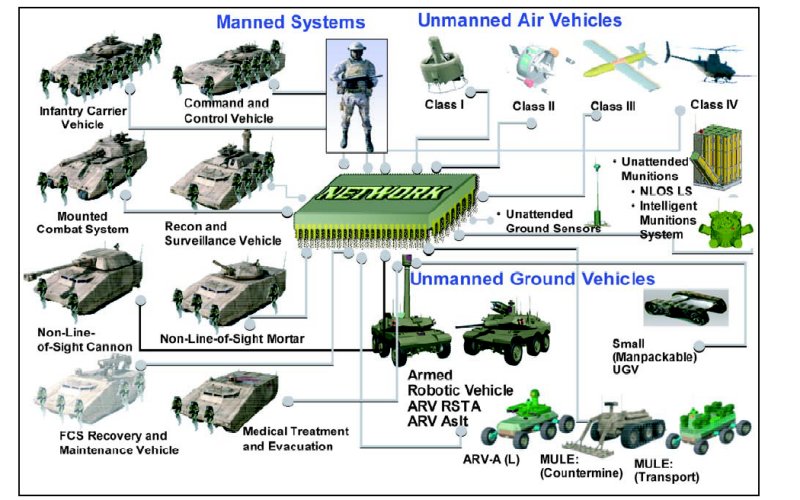Harsh V. Pant
This week India will host heads of state or government of all 10 nations of the Association of Southeast Asian Nations (ASEAN) for the Republic Day celebrations in a dramatic declaration of intent by New Delhi to boost India’s ties with Southeast Asia. The year 2017 was an important landmark as India and the ASEAN commemorated 25 years of their partnership, 15 years of summit-level interaction, and five years of strategic partnership. The challenge now is to map out next steps in the India-ASEAN partnership at this time of unprecedented geopolitical flux in the wider Indo-Pacific.
Overcoming disillusionment









/arc-anglerfish-arc2-prod-mco.s3.amazonaws.com/public/QF6GGL4AQJEBPNGSJ7XOE5U5BM.jpg)

